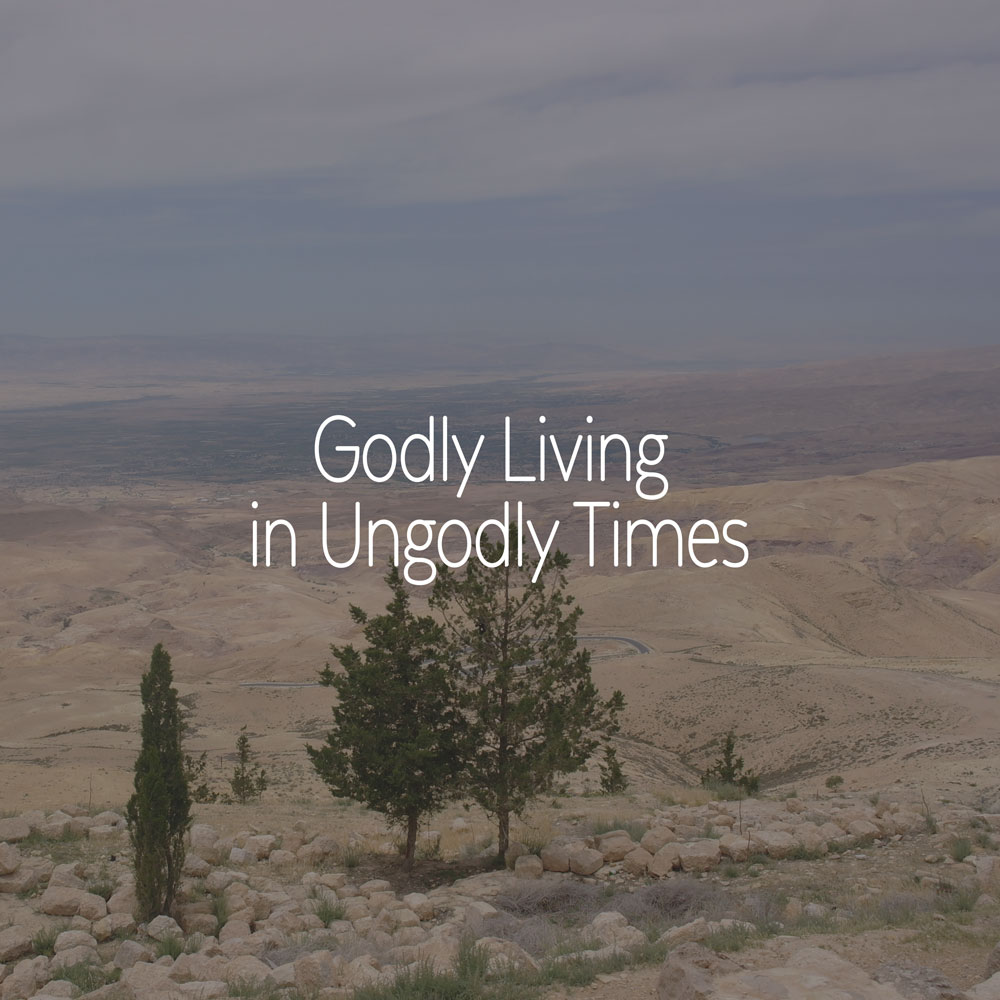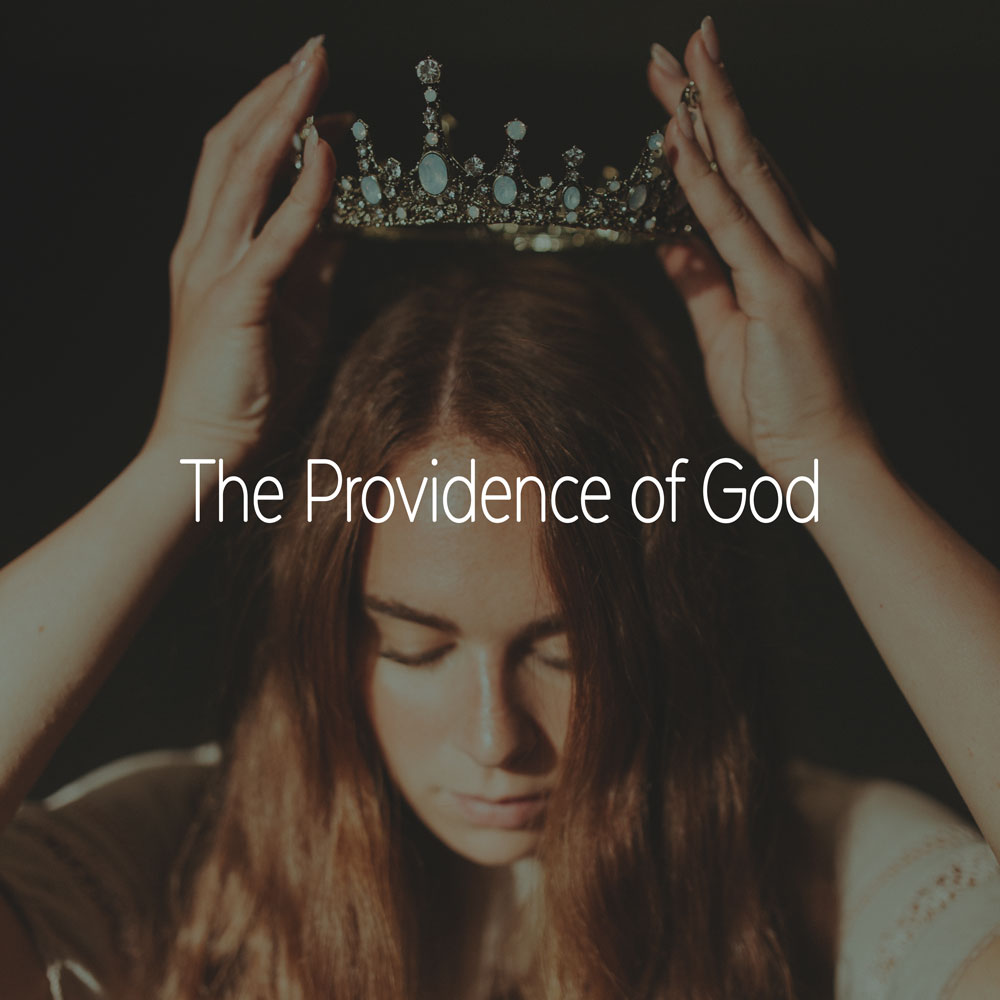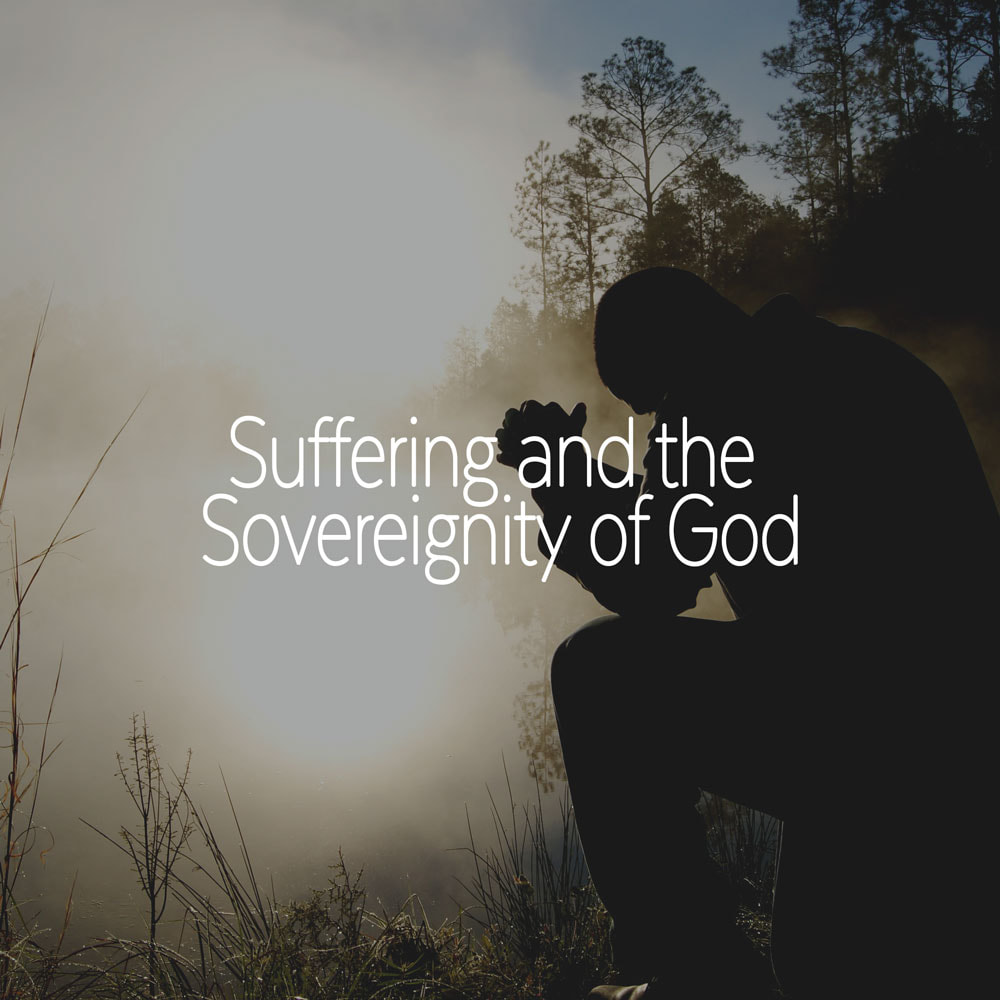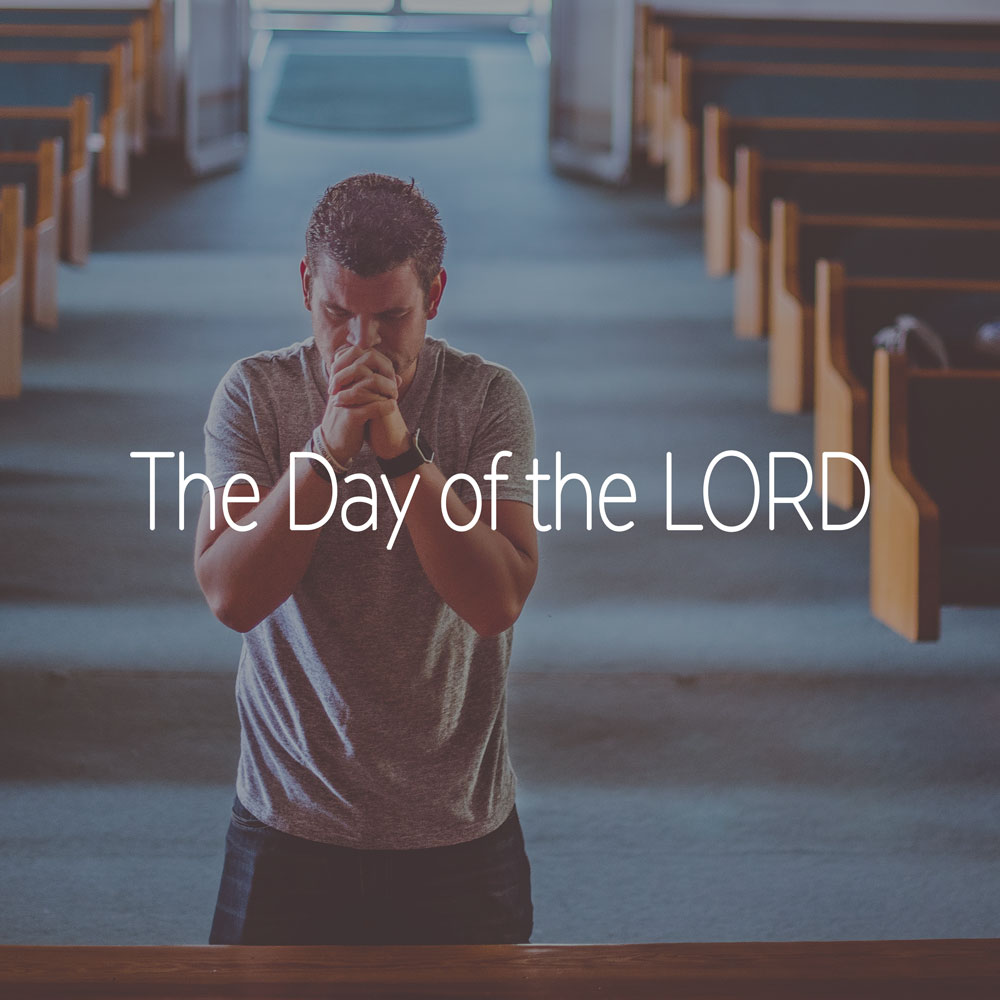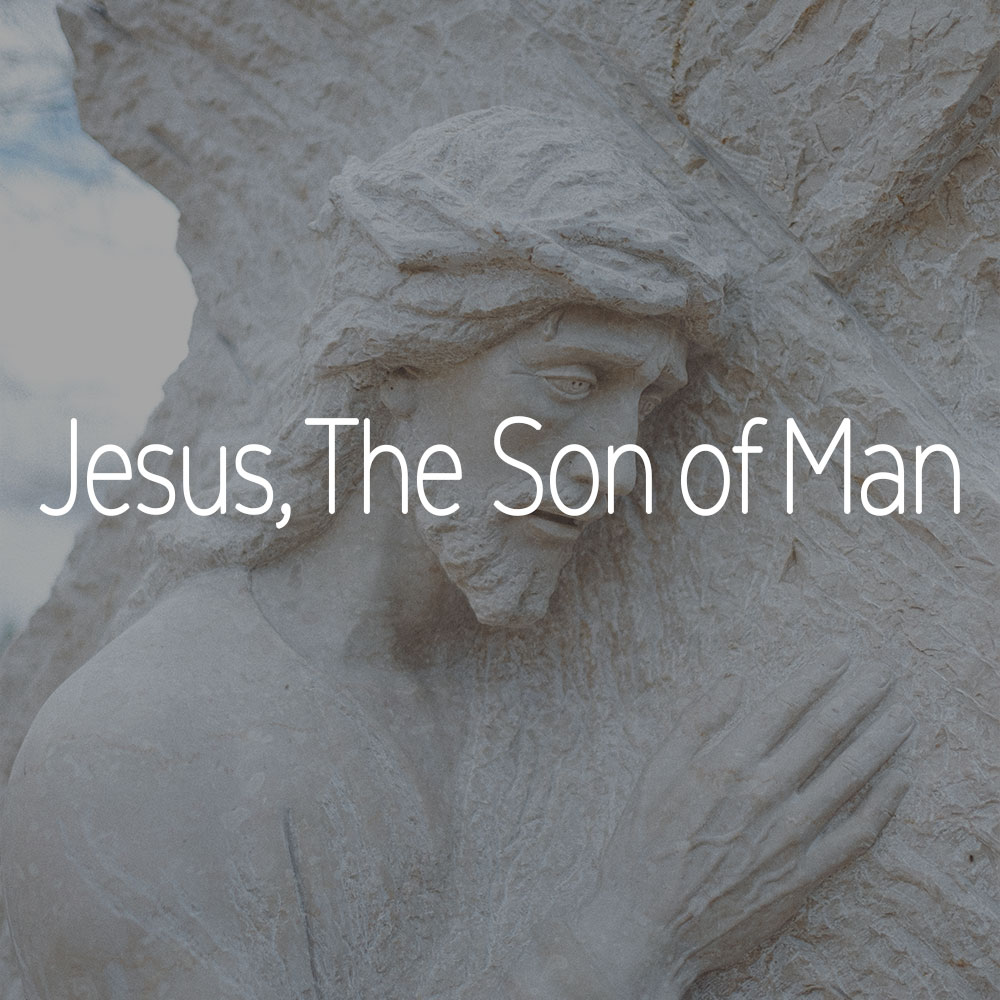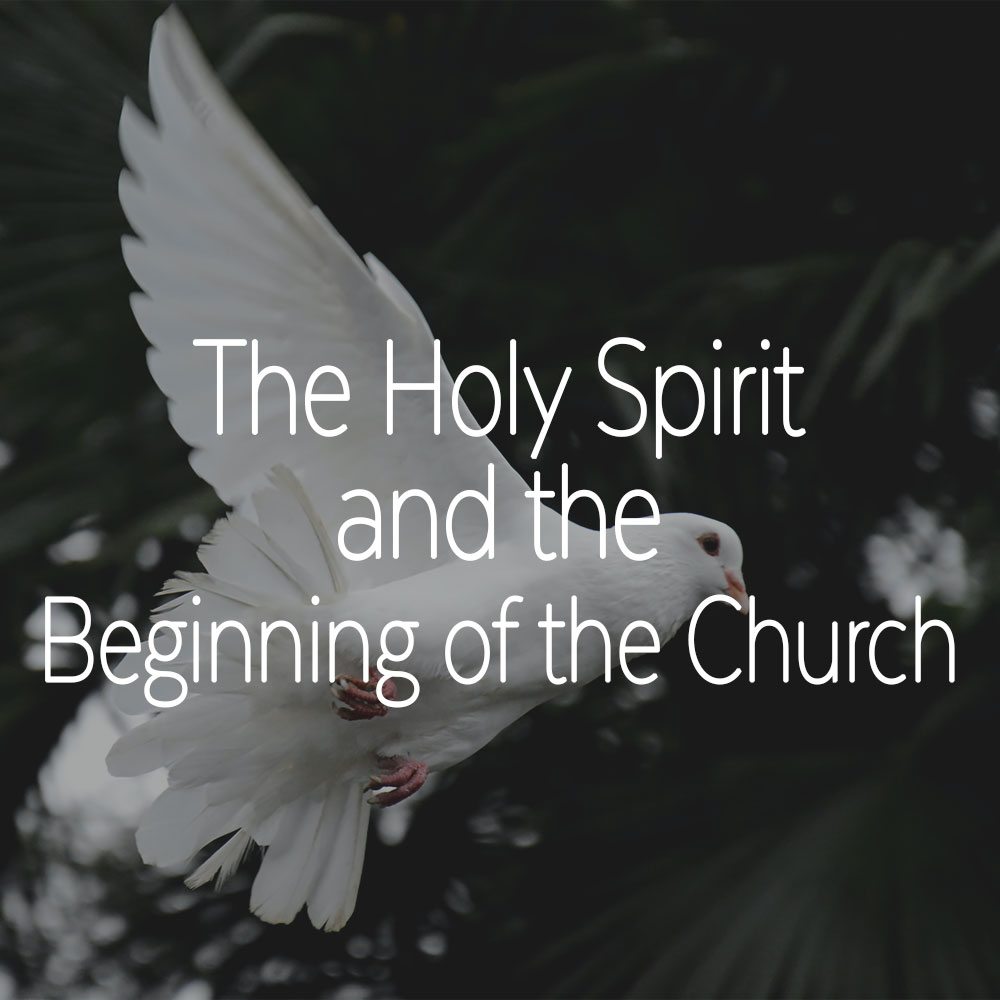old testament studies
|
GENESIS
24 Lessons by Harle Damon And God said “Your name shall no longer be called Jacob, but Israel; for you have struggled with God and with men and have prevailed.” Genesis 32:28 Genesis is the story of the Earth’s origin and of God’s blessing upon one man and his family and through them the whole earth. In Genesis we meet and get to know the struggles and triumphs of this man and his family. They were men and women like us, ordinary people with significant shortcomings. But they also had faith in God. Genesis depicts how each one’s faith made all the difference. |
EXODUS THROUGH DEUTERONOMY
25 Lessons by Pearl Hamilton Today….I have set before you life and death, the blessing and the curse; therefore choose life, that both you and your descendants may live; that you may love the Lord your God, that you may obey His voice, and that you may cling to Him, for He is your life and the length of your days. Deuteronomy 30:19-20 This study of Exodus, Leviticus, Numbers, and Deuteronomy begins with God’s miraculous deliverance of the Israelites from four hundred years of slavery in Egypt. Led by God’s chosen man, Moses, they spend forty years wandering in the wilderness due to their unbelief. Moses stands in stark contrast to the “stiff-necked” ungrateful people he led. Too often they chose grumbling instead of gratitude to God who cared for their every need and graciously gave them His law. Although this history was written of events thousands of years ago, the study shows that God never changes – nor does human nature. |
|
JOSHUA & EPHESIANS
24 Lessons by Pearl Hamilton You know in all your hearts and in all your souls that not one thing has failed of all the good words which the Lord your God spoke concerning you. All have come to pass for you; not one word of them has failed. Joshua 23:14 Moses had led Israel up to the border of the Promised Land, but it was his right hand man and successor, Joshua, who led them in. Joshua is the book of the conquest of Canaan and the settlement of the people in the land. Every battle and every success is a testimony to God’s faithfulness in keeping His promises to His people. The people, under Joshua’s faithful leadership proved faithful also, exhibiting that truly, “Faith is the victory that overcomes the world” (John H. Yates). Paul’s letter to the Ephesians follows Judges as a New Testament call to faith. Ephesians reminds us of our many spiritual blessings in Christ and calls us to respond with faith. |
JUDGES & RUTH
21 Lessons by Pearl Hamilton In those days there was no king in Israel; everyone did what was right in his own eyes. Judges 17:6 Judges takes place after the death of the great and godly leader, Joshua. Israel was just getting settled into their inheritance in the Promised Land. It should have been a hopeful time, but it became a sad, repetitious cycle of sin, discipline by God, crying out to God, and deliverance. It is a story of man’s failure and God’s faithfulness. The little book of Ruth, on the other hand, gives another picture of life during this time and is like a ray of sunshine on a cloudy day. Ruth, a young Moabite woman and widow of a man of Israel, clings to her mother-in-law and God rather than her homeland and its idols. These are her faithful and touching words to Naomi, Entreat me not to leave you, or to turn back from following after you; For wherever you go, I will go; and wherever you lodge, I will lodge; your people shall be my people, and your God my God. |
|
ESTHER
6 Lessons by Suzie Klein Yet who knows whether you have come to the kingdom for such a time as this? Esther 4:14 Orphaned, exiled in a pagan land, and chosen to become a part of the king’s harem, Esther, a young Jewish woman, is elevated to become Queen of Persia. Esther is a story of intrigue in the palace and an evil attempt to destroy the Jewish people living in the Persian provinces. Although God is never mentioned in the book, His hand is clearly evident, and his presence is acknowledged by Esther and all the Jews, who fast and pray with her. How can one help but be inspired by the charming heroine who takes her life in her hands in order to save her people. |
JOB
16 Lessons by Suzie Klein But He knows the way that I take; when He has tested me, I shall come forth as gold. Job 23:10 Why do godly people suffer? In Job, we find several different answers to this question. First we see the flawed views of satan, then Job’s three so-called friends, and finally the view of a young upstart who presumes to correct everyone else. Finally God speaks and explains to Job that the godly are allowed to suffer so they may see themselves more clearly and thus be humbled to look up and see Him. Job is an important book to study because it discusses much about faulty doctrine concerning God and His dealings with us. Hopefully, it will also cause us to fall on our knees and look up and see the truth. |
|
PSALMS (SELECTED)
8 Lessons by Suzie Klein Oh come, let us sing to the Lord! Let us shout joyfully to the Rock of our salvation. Psalm 95:1 The lessons on Psalms were written to give an overview and introduction to the various types of Psalms and to help you feel more at home in navigating and understanding the book. The Psalms help us express our gratitude and praise to God, but they also help us know how to approach God when we have questions, concerns, troubles, and hurts. As you study the Psalms, you will find praise on every page of the book and it will help you to put praise on every page of your life. |
SONG OF SOLOMON
6 Lessons by Pearl Hamilton I am my beloved’s And my beloved is mine. He feeds His flock among the lilies. Song of Solomon 6:3 Song of Solomon is a beautiful love song, although nothing like the “love songs” of our 21st century. It is written in ancient Middle Eastern language and imagery which may seem strange to us at first, but, when studied carefully, can be quite meaningful. The story of Solomon and the Shulamite maiden is an illustration of love in marriage, the love between God and His people, and the love of Christ for His church, His bride. It is also an illustration of our love for Him. Someone has said that personal love for Christ is the greatest need of the church today. The study of this book will give you insights into your love for Him. |
|
JOEL
5 Lessons by Suzie Klein And it shall come to pass that whoever calls on the name of the Lord shall be saved. (Joel 2:32) Joel, an obscure prophet from Judah, took advantage of a devastating locust plague to call God’s people to repent of their sin and turn to the LORD. He warned of even worse things to come if they continued in their sinful ways. But if they would humble their hearts and repent, God would restore to them the years the locusts had eaten, and they would surely know He was in their midst. As Joel delivered his warning, he also prophesied of a future day when God would pour out His Holy Spirit on all flesh. The days of the Spirit are the days in which we live and will culminate in the day of the Lord, a great and terrible day for all who have rejected Him but a day of salvation and blessing for all who have called upon His name. |
AMOS
7 Lessons by Suzie Klein But let justice run down like water, And righteousness like a mighty stream. Amos 5:24 It was a time of peace and prosperity in Israel when Amos prophesied, but spiritually it was a time of corruption and moral decay. All the people thought of was comfort, pleasure, and having a good time. Sound familiar? Amos was not a prophet or a son of a prophet. He was an ordinary working man who was called by God to leave the security of his home and job in Judah and walk thirty miles to courageously confront the people of Israel with their sin, calling for them to repent. As you read the list of sins Amos describes, you may think he is talking about your city. Amos’ message is very applicable to our day. |
|
JONAH AND NAHUM
6 Lessons by Suzie Klein “I know that you are a gracious and merciful God, slow to anger and abundant in loving-kindness, One who relents from doing harm” (Jonah 4:2b). “The Lord is slow to anger and great in power, and will not at all acquit the wicked” (Nahum 1:3). Nineveh was both the greatest and most wicked Assyrian city of Jonah’s day. But God called him to go there and preach a message concerning their sin and God’s wrath. Although Jonah chose to disobey God and run in the opposite direction, to God it was just a detour that ultimately led Jonah to comply with His command. The result was that Nineveh repented and was saved from destruction. But the city of Nineveh does not exist today. From 612 B.C. until 1846 there was not a trace to be found. The prophet Nahum explains why. |
MALACHI
4 Lessons by Suzie Klein You have gone away from my ordinances and have not kept them. “Return to Me, and I will return to you” says the Lord of hosts. But you said, “In what way shall we return?” Malachi 3:7 Malachi is the last book of the Old Testament and ends with the word “curse”. Then there were four hundred years of silence from God. When you read the sins of which the people were accused and their insolent responses to God, you may well think they deserved a curse and silence. But, after the four hundred years of silence from God, came the Word of God, Jesus Christ, and what could be a greater blessing? We suggest the study of Malachi in conjunction with the study of John or Luke. |
new testament studies
|
LUKE
27 Lessons by Pearl Hamilton Then He said to them all, “If anyone desires to come after Me, let him deny himself, and take up his cross daily, and follow Me.” Luke 9:23 Luke, the compassionate physician, writes about the life of Christ, drawing attention to His compassionate love in becoming a man in order to save sinners. Luke includes many incidents in the life of Christ which are not found in the other gospels, making it the most complete. He stresses Christ’s manhood, Christ as the perfect Man, as the Son of Man. Of all the gospels, this is the one which will draw your heart to respond to Jesus call, If anyone desires to come after Me, let him deny himself, and take up his cross daily, and follow Me. |
JOHN
25 Lessons by Harle Damon These are written that you may believe that Jesus is the Christ, the Son of God, and that believing you may have life in His name. John 20:31 The subject of John’s gospel is the deity of Jesus Christ, the Son of God, the only begotten of the Father, by whom all things were made. He is the One who brings life and He came to declare God to us. As you read and study John, look for Jesus deity revealed in every chapter and rejoice at the end that He is raised from the dead. Then humbly respond, to the call which went out to Peter, for it also goes out to you, You follow Me (John 21:22). |
|
ACTS
23 Lessons by Suzie Klein So they (the Sanhedrin) called them (the apostles) and commanded them not to speak at all nor teach in the name of Jesus. But Peter and John answered and said to them, “Whether it is right in the sight of God to listen to you more than to God, you judge. For we cannot but speak the things which we have heard. Acts 4:18 Acts is the book of the church’s beginnings with the Holy Spirit coming in power. It is a book of firsts: the first preaching of the gospel by the apostles through the power of the Holy Spirit, the first churches, the first missionaries, the first time believers were called “Christians”, the first Gentiles accepted into the body of believers, the first church council, the first Christian martyr, and more. What a blessing to have this record of our spiritual heritage. As Christians, it is something we all need to know and understand. |
ROMANS
23 Lessons by Suzie Klein For I am not ashamed of the gospel of Christ, for it is the power of God to salvation for everyone who believes, for the Jew first and also for the Greek. For in it the righteousness of God is revealed from faith to faith; as it is written, “The just shall live by faith.” Romans 1:16-17 In Romans, the apostle Paul has written the believer’s handbook. It is a book of doctrine which every believer should know. Indeed, how can we believe without knowing it? Romans is centered on the truth that all have sinned and that justification comes by God’s grace alone through faith in Christ alone. This is God’s way for sinners to receive the righteousness which comes from Him. After presenting eleven chapters explaining this doctrine, Paul graciously closes with a clear explanation of how it is to be worked out in practical ways in our lives. |
|
GALATIANS
8 Lessons by Pearl Hamilton I have been crucified with Christ; it is no longer I who live, but Christ lives in me; and the life which I now live in the flesh I live by faith in the Son of God, who loved me and gave Himself for me. Galatians 2:20 Besides giving us insight into the apostle Paul’s background, this letter centers on the subject of justification by faith. In a way, it is a summary, or short version, of Romans with wonderful practical applications in the closing chapters. |
EPHESIANS
8 Lessons You are no longer strangers and foreigners, but fellow citizens with the saints and members of the household of God. Ephesians 2:19 Ephesians has been called the Mt. Everest of the Bible and the “most divine composition of man”. In Ephesians, Paul unveils the great mystery of the church as the body of Christ with Christ as the head. Although we were far from God and dead in trespasses and sins (2:1), Christ has brought us near to God by His precious blood and blessed us with every spiritual blessing in the heavenly places (1:3). In light of this, Paul encourages us to live worthy lives that glorify Him. |
|
PHILIPPIANS
5 Lessons by Suzie Klein Rejoice in the Lord always. Again I will say rejoice. Philippians 4:4 On his second missionary journey, Paul had founded the church at Philippi, the first church in Europe. This letter was written to the beloved believers in that church about ten years later while Paul was imprisoned and chained to a Roman soldier. Nevertheless, in spite of his sorrow, Paul’s message is REJOICE! Rejoice in the midst of your troubles and trials. Rejoice, rejoice, rejoice! Paul uses the words joy or rejoice sixteen times in this short letter of love, explaining that Christ is the secret of joy in any circumstance. |
COLOSSIANS
5 Lessons by Suzie Klein He is the image of the invisible God, the firstborn over all creation. For by Him all things were created that are in heaven and that are on earth, visible and invisible…..All things were created through Him and for Him. Colossians 1:15-16 Colossians is about the pre-eminence of Christ in all His glory and dignity. In Colossians, Christ is called the head of the body, the church (1:18). As Christians, our lives are hidden with Christ in God (3:3). For each of us, Christ is our life and we are complete in Him (2:10). Colossians explains that the Christian life is not a philosophy, a set of rules, or a certain kind of worship. Rather, the Christian life is Christ’s very own life in each of us. He is our all in all! |
|
1 & 2 THESSALONIANS
7 Lessons by Suzie Klein For the Lord Himself will descend from heaven….And the dead in Christ will rise first. Then we who are alive and remain shall be caught up together with them in the clouds to meet the Lord in the air. And thus we shall always be with the Lord. Therefore comfort one another with these words. (1 Thessalonians 4:16-18) Take a peek into the heart of the apostle Paul as you read his words of comfort and encouragement to the church he had just planted in Thessalonica. Because of persecution, he had been forced to leave the new believers, yet his heart and mind were still with them. Paul addresses their struggles with persecution and their confusion over false teachings concerning Christ's return. He patiently answers questions that were looming in their minds (and perhaps in yours). He lovingly gives commands for exemplary living while awaiting “that day” when all believers will be united with one another and with the Lord Jesus Christ. |
HEBREWS
13 Lessons by Pearl Hamilton Therefore….let us lay aside every weight and the sin which so easily ensnares us, and let us run with endurance the race that is set before us, looking unto Jesus, the author and finisher of our faith. Hebrews 12:1 Written originally to Jewish Christians, Hebrews is a book which will help you understand the Old Testament customs and sacrifices and how they were symbols which looked ahead to Christ, the one perfect sacrifice, once and for all. Hebrews explains how Christ is superior to anything that came before. The things in the Old Testament were good but not perfect. Christ is better. He is the best. He is perfect. Christ fulfilled the demands of the law and opened the way to God for all. |
|
JAMES
6 Lessons by Pearl Hamilton For as the body without the spirit is dead, so faith without works is dead also. James 2:26 James has been called the most practical letter in the New Testament. Pearl Hamilton, founder of Disciplers Bible Studies, memorized the entire book as a child. She called it the “Proverbs of the New Testament”. James’ premise is that our words and our works should demonstrate our faith and that faith without works is a dead faith. In other words, true faith will bear fruit. Study James and his godly wisdom to be challenged in your faith and to lead a fruitful life. |
1 & 2 PETER and JUDE
CHRIST, OUR CORNERSTONE AND HOPE 10 Lessons by Suzie Klein You were not redeemed with corruptible things, like silver and gold, from your aimless conduct received by tradition from your fathers, but with the precious blood of Christ, as of a lamb without blemish and without spot. 1 Peter 1:18-19 Peter’s letters were written to believers who were suffering persecution and needed encouragement to live victorious lives in difficult times. Peter presents Christ as the precious, living cornerstone of our faith, as the writing copy over which we are to trace our lives, and as our hope so we may glorify God in our lives. Peter’s second letter and Jude were both written to expose, confront, and encourage believers not to be deceived by false teaching in the church. These letters are very applicable to our day and do not mince words concerning the doom of false teachers. These are spots in your love feasts, while they feast with you without fear, serving only themselves. They are clouds without water, carried about by the winds; late autumn trees without fruit, twice dead pulled up by the roots, raging waves of the sea foaming up their own shame; wandering stars for whom is reserved the blackness of darkness forever. |
1 JOHN
6 Lessons by Suzie Klein
We know love by this, that He laid down His life for us; and we ought to lay down our lives for the brethren. 1 John 3:16
John probably wrote this letter in his old age. He wrote to all Christians everywhere and called us my little children (2:1). He wrote about the things believers should know (John uses the words we know sixteen times in his letter), and about how we should walk since we know them. John says that we are to walk just as Christ walked (2:6), so our joy may be full (1:4) and that we may not sin (2:1).
6 Lessons by Suzie Klein
We know love by this, that He laid down His life for us; and we ought to lay down our lives for the brethren. 1 John 3:16
John probably wrote this letter in his old age. He wrote to all Christians everywhere and called us my little children (2:1). He wrote about the things believers should know (John uses the words we know sixteen times in his letter), and about how we should walk since we know them. John says that we are to walk just as Christ walked (2:6), so our joy may be full (1:4) and that we may not sin (2:1).



